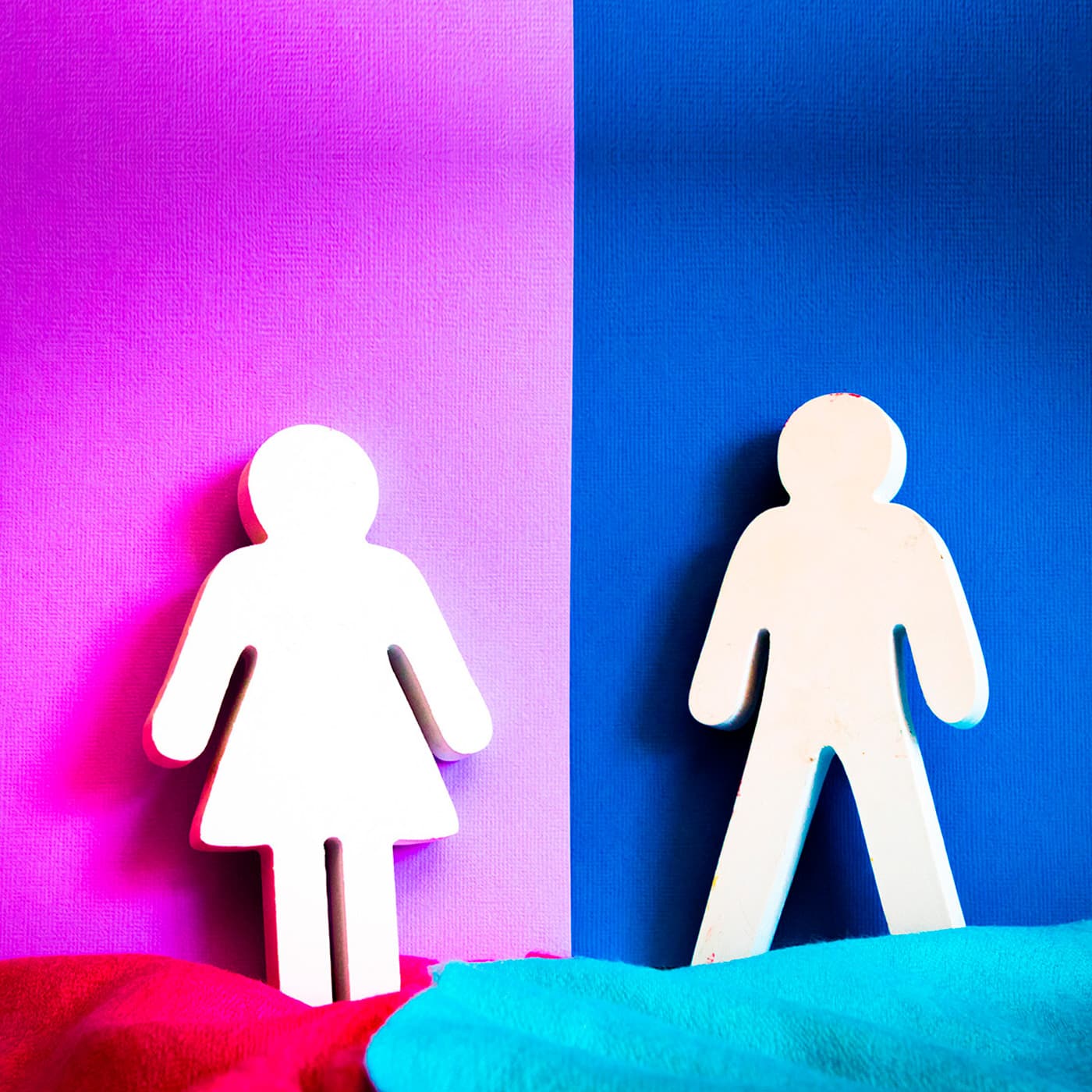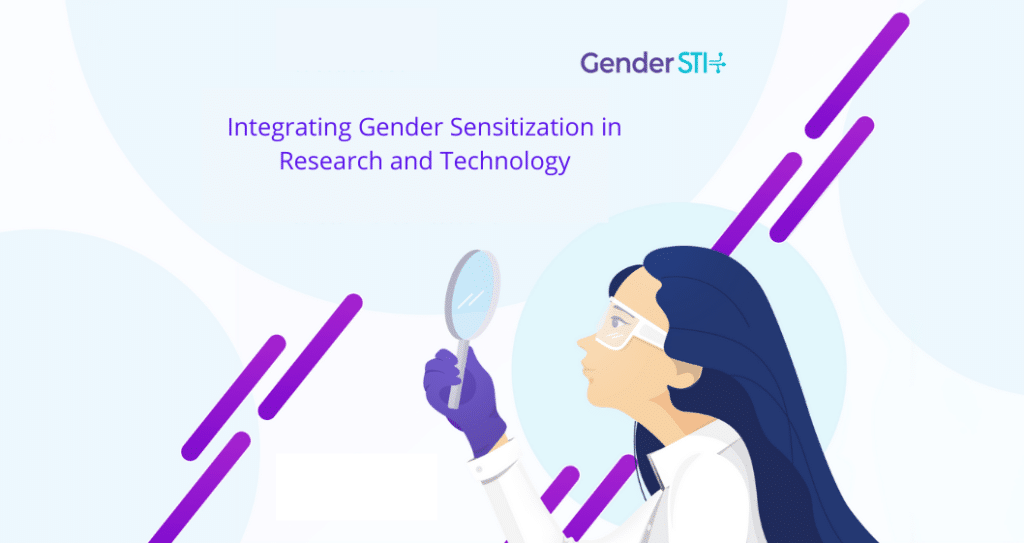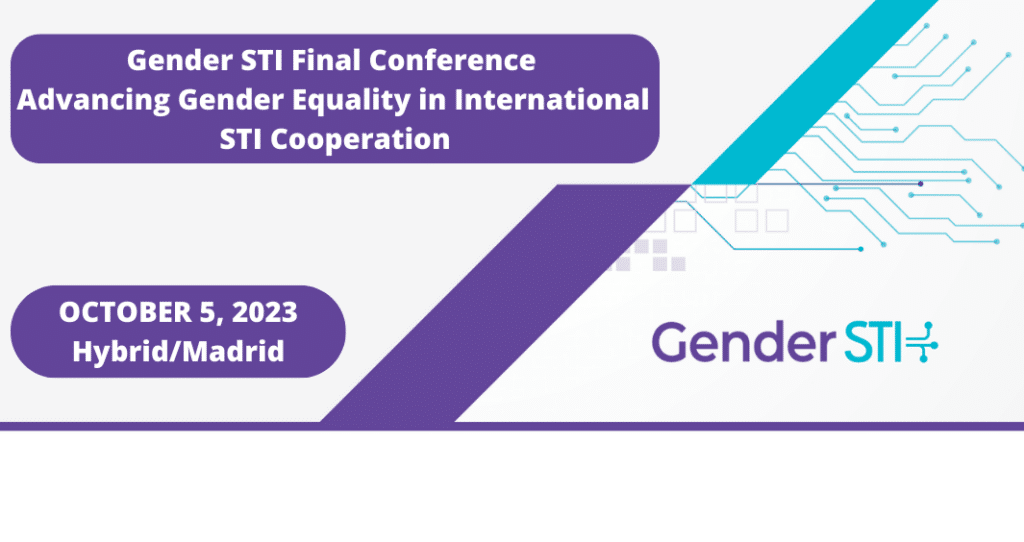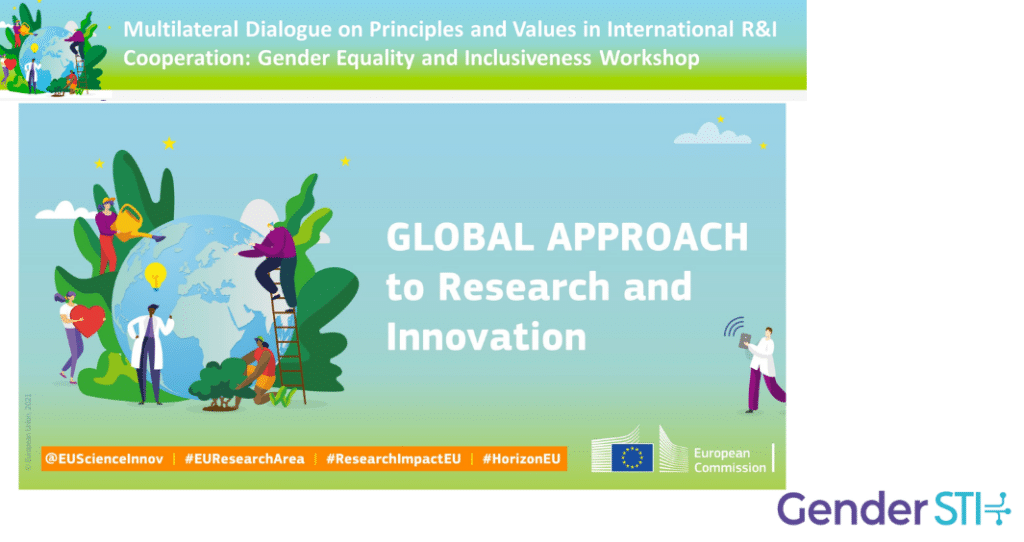According to the Commission, while there has been “significant, but uneven progress” in advancing women’s rights, the situation still requires a lot of work. No country in the world is on track to achieve gender equality and empower all women and girls by 2030, the bloc’s executive arm stated in a Joint Communication to the European Parliament and Council. Inequalities remain in basic access to health, education and jobs.
In addition, women are also threatened by gender-based violence, which is rooted in harmful social norms and stereotypes across cultures and social classes. The covid-19 pandemic has exacerbated gender-based violence and femicides in many parts of the world.
The Commission released its new Gender Action Plan in late November, but the actions described in the initiative will span from 2021 to 2025.
Jutta Urpilainen, the Commissioner for International Partnerships, said that the Commission wanted to work more closely with European Union member states and all its partners to build a gender-equal world.
“Stronger engagement on gender equality is key to a sustainable global recovery from the covid-19 crisis and building fairer, more inclusive, more prosperous societies,” Urpilainen said. “Women and girls are in the frontline of the pandemic and must be put in the driving seat of the recovery.”
The new plan is built on five pillars of action. The first pillar states that 85% of all new actions in external relations will contribute to gender equality and women’s empowerment by 2025. Per the Commission, this means that all external assistance across all sectors, such as infrastructure, digital, energy, and blended funds, among others, should include a gender perspective and foment gender equality.
A shared strategic vision and close cooperation with member states and partners is also a pillar of the plan and refers to developing a common approach for EU actors at a country level and focusing on selected strategic issues. Another pillar calls for accelerating process by focusing on key thematic areas of engagement, including fighting against gender-based violence and promoting the economic, social and political empowerment of women and girls.
The last two pillars aim to have the EU lead by example and focus on measuring results. They call on the bloc to establish gender-response and gender-balanced leadership at top political and management levels as well as monitor the progress made each year on the new Gender Equality Plan.



